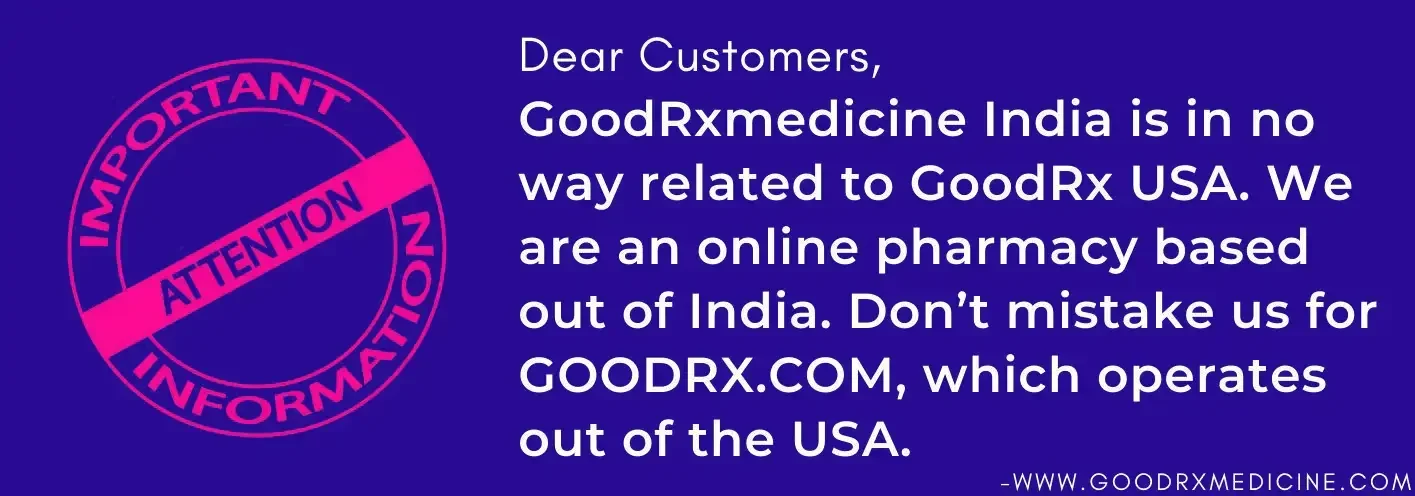Cataracts are a condition in which the eye’s natural lens becomes clouded.
They are a leading cause of vision problems and blindness worldwide.
Many people look for vitamins and minerals, including Vitamin C, as a potential remedy to enhance this condition.
The risk of Cataract is reduced by Vitamin C, which acts as an antioxidant and controls oxidative stress (the primary cause).
This article will discuss the link between Vitamin C and the risk of Cataract in detail.
Vitamin C and Risk of Cataract
Vitamin C is a water-soluble vitamin found in many fruits and vegetables.
It is beneficial for eye health since it lowers eye pressure and helps in the fight against various types of Cataract formation.
Cataracts are an eye condition where the lens becomes cloudy, affecting vision.
Blurred vision, difficulty seeing at night, and, in some cases, a yellowish tint are some Cataract symptoms.
According to research, Vitamin C may improve ocular health by avoiding oxidative damage to the eye’s lens.
The lens is a transparent structure that directs light to the retina.
If you are experiencing severe Cataract symptoms consult with your eye care professional for Cataract treatment.
Foods rich in Vitamin C to Reduce Cataract Risk
 Source: bit245_from_Getty_Images
Source: bit245_from_Getty_ImagesVitamin C effectively reduces the risk of Cataract as it lowers eye pressure and prevents free radicals.
Fortunately, there are natural home remedies for treating Cataracts by adding foods rich in Vitamin C.
Let’s discuss these foods and fruits that can assist in relieving Cataract symptoms in detail:
Berries: Strawberries, blueberries, and raspberries are delicious and contain antioxidants like Vitamin C.
Incorporating berries into your daily diet could be a tasty method to benefit your eyes.
Kiwi: Kiwi has high levels of Vitamin C, and its antioxidant properties may help improve eye health.
Bell peppers: Bell peppers are an excellent source of Vitamin C. Consuming bell peppers can help with Cataracts and improve overall eye health.
Broccoli: Broccoli is known as the powerhouse of nutrition and a good source of Vitamin C.
Guava: This tropical fruit has a higher Vitamin C concentration than most citrus fruits.
It is a nutrient-dense option that may lower the risk of Cataracts.
It is essential to consult with your doctor for personalized dietary advice to reduce Cataract risk effectively.
Do Vitamin C supplements increase the risk of Cataract
The antioxidant properties of Vitamin C may help reduce the risk of Cataracts.
However, recent research has raised concerns about the effect of Vitamin C supplements on Cataract risk.
Research suggests that excessive Vitamin C intake from supplements may increase the risk of getting Cataracts, particularly in women over 65.
High doses might pose a risk, emphasizing the importance of moderation.
Consult your healthcare professional to avoid potential risks and ensure a balanced approach.
Summing up
Vitamin C and risk of Cataract are closely linked, as Vitamin C helps in reducing the risk of Cataracts.
It helps reduce eye pressure and fight against various types of Cataract.
Berries, kiwi, guava, and broccoli are rich sources of Vitamin C, which may help reduce the risk of Cataracts.
However, taking excessive Vitamin C supplements may also increase the risk of Cataract, especially in women over 65.
To reduce potential risks and side effects, it is essential to consult with your doctor before taking any Vitamin C supplements.
Frequently Asked Questions
Is Vitamin C effective in preventing Cataract?
Vitamin C’s antioxidant properties may help reduce the risk of Cataracts.
Including Vitamin C-rich foods in your diet can contribute to maintaining optimal eye health.
Are there any lifestyle factors that can improve the effectiveness of Vitamin in preventing Cataract?
Consuming Vitamin C alone may not be enough to prevent Cataracts.
However, adopting a healthy lifestyle can help enhance Vitamin C’s effectiveness in preventing Cataracts.
Factors include maintaining a balanced diet containing antioxidants and protecting your eyes from UV radiation with sunglasses.
Can Vitamin C prevent Cataract in smokers?
While Vitamin C may offer some protection against Cataract, its effectiveness is limited in smokers.
Quitting smoking is essential for reducing the risk of Cataracts.
Combining Vitamin C intake with a smoke-free lifestyle may help improve eye health and potentially lower the risk of Cataract development.
Are there any risks associated with high Vitamin C intake?
In some cases, excessive Vitamin C intake can lead to gastrointestinal discomfort, including diarrhea and stomach cramps.
It’s essential to adhere to recommended daily limits and consult healthcare professionals for personalized advice.
Also, avoid self-prescribing high doses of Vitamin C to minimize potential risks.
How much Vitamin C do I need daily for eye health?
The recommended daily Vitamin C intake for maintaining eye health varies, but generally, aim for at least 90mg for men and 75mg for women.
Including foods, such as citrus fruits and vegetables, can contribute to maintaining optimal eye health.
When referencing outside resources, GoodrxMedicine always provides full citations. To learn more about the measures we use to maintain the quality of our content, please review our Content Information Policy.





